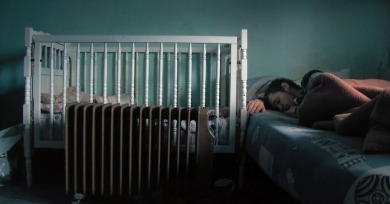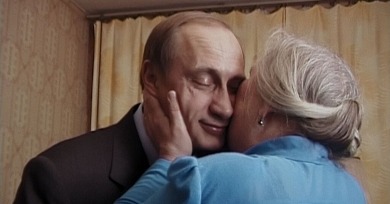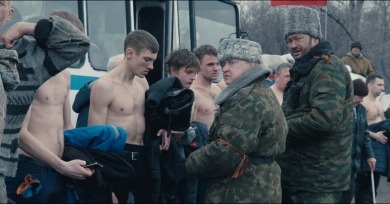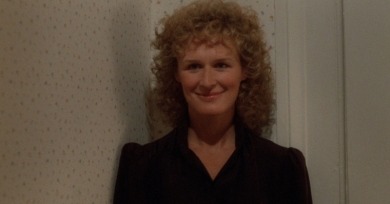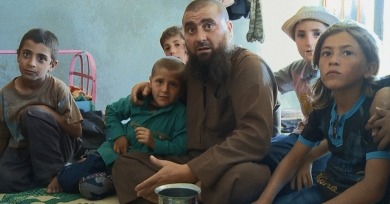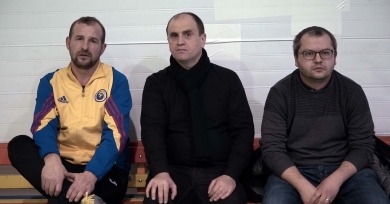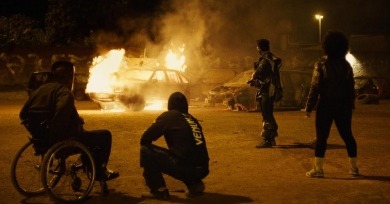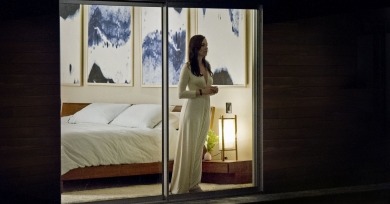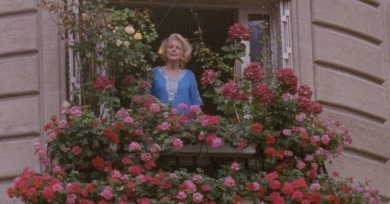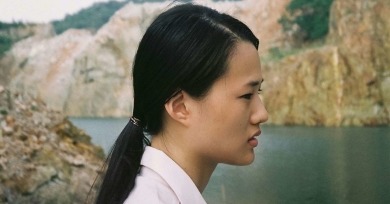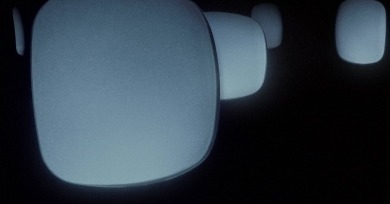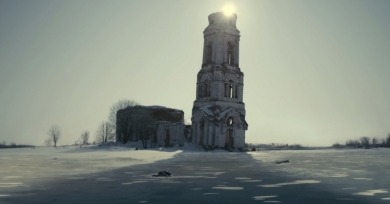Features
The Family confronts us with situations that are perfectly ordinary, without directing our interpretation. It’s only outside knowledge that complicates matters.
Years in Review
Vice, Suspiria, Green Book, Halloween, Ocean’s 8, Bohemian Rhapsody, Tyrel, Peter Rabbit, Chappaquiddick, Solo, A Quiet Place
,
Vitaly Mansky’s latest film is a personal document of historical reckoning culled from hundreds of hours of footage collected during his tenure as official videographer for Putin’s election campaign and early presidency.
To process the layers of brutality and often half-hearted deceit that constitute much of contemporary public life in the former Soviet Union is no enviable task, but Loznitsa has taken it up with gusto.
Years in Review
Zama, Let the Sunshine In, If Beale Street Could Talk, Burning, Happy as Lazzaro, First Reformed, The Ballad of Buster Scruggs, Western, Roma, Hale County This Morning, This Evening
Close is the kind of actor who excels at navigating the delicate balance between intense physicality, brewing shrewdness, and shattering vulnerability, which is why even her most morally compromised characters nonetheless have familiar strokes of humanity and sympathy.
Talal Derki remains close to this family, capturing meals, the children in bed or at play, men chatting before heading off to combat, rendered as normal as getting into a car for a morning commute.
In the films of Corneliu Porumboiu, seemingly insignificant details, questions, and disagreements ripple outward, like pebbles tossed into a still pond, until they become deep inquiries into history, language, and ethics.
Once There Was Brasilia is a sci-fi epic about assassins from space and the impeachment of Brazilian President Dilma Rousseff, achieved on a shoestring budget.
A Few Great Pumpkins
The Invitation, The Ghost Train, The Little Girl Who Lives Down the Lane, The Creature from the Black Lagoon, A Scary Time, Messiah of Evil, Panna a netvor
In this mephitic atmosphere, an assertion of the sanctity of simple domestic pleasures (of pleasure itself) is tantamount to an act of artistic resistance.
The past is always present, but that does not just mean that it haunts or permeates our contemporary world: the past reconstitutes and recombines our very processes, internal and external, our molecules, our narratives.
Blake Williams has achieved a holistic union of his own that speaks at once to the transformative power of the moving image and the oceanic force of its full deployment.
Is Putin the cause or the result of Russia’s systemic ills? A tentative answer might be found in the Russian cinema of the 21st century, which, as it happens, coincides with the beginning and ongoing rule of this postmodern tsar.
